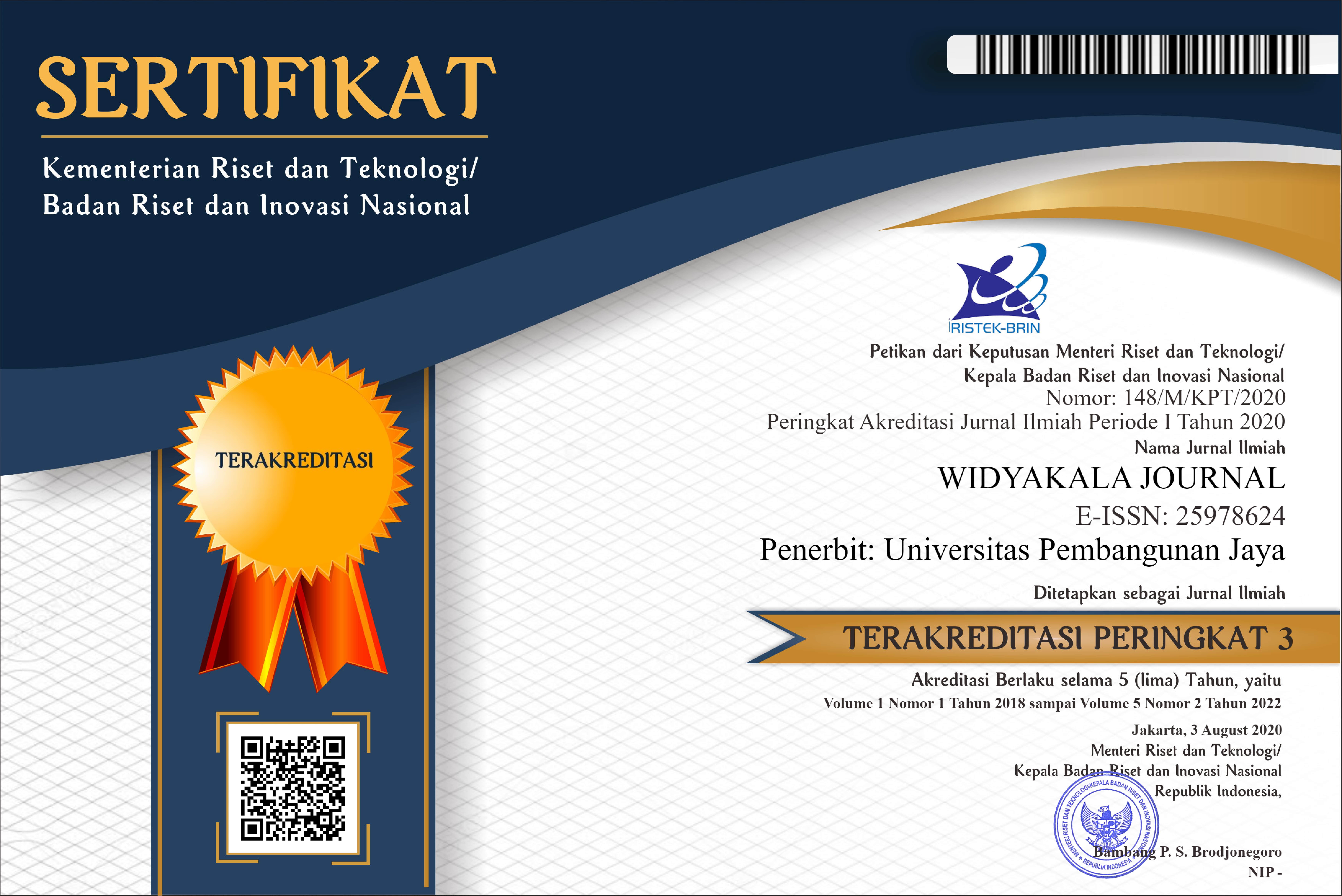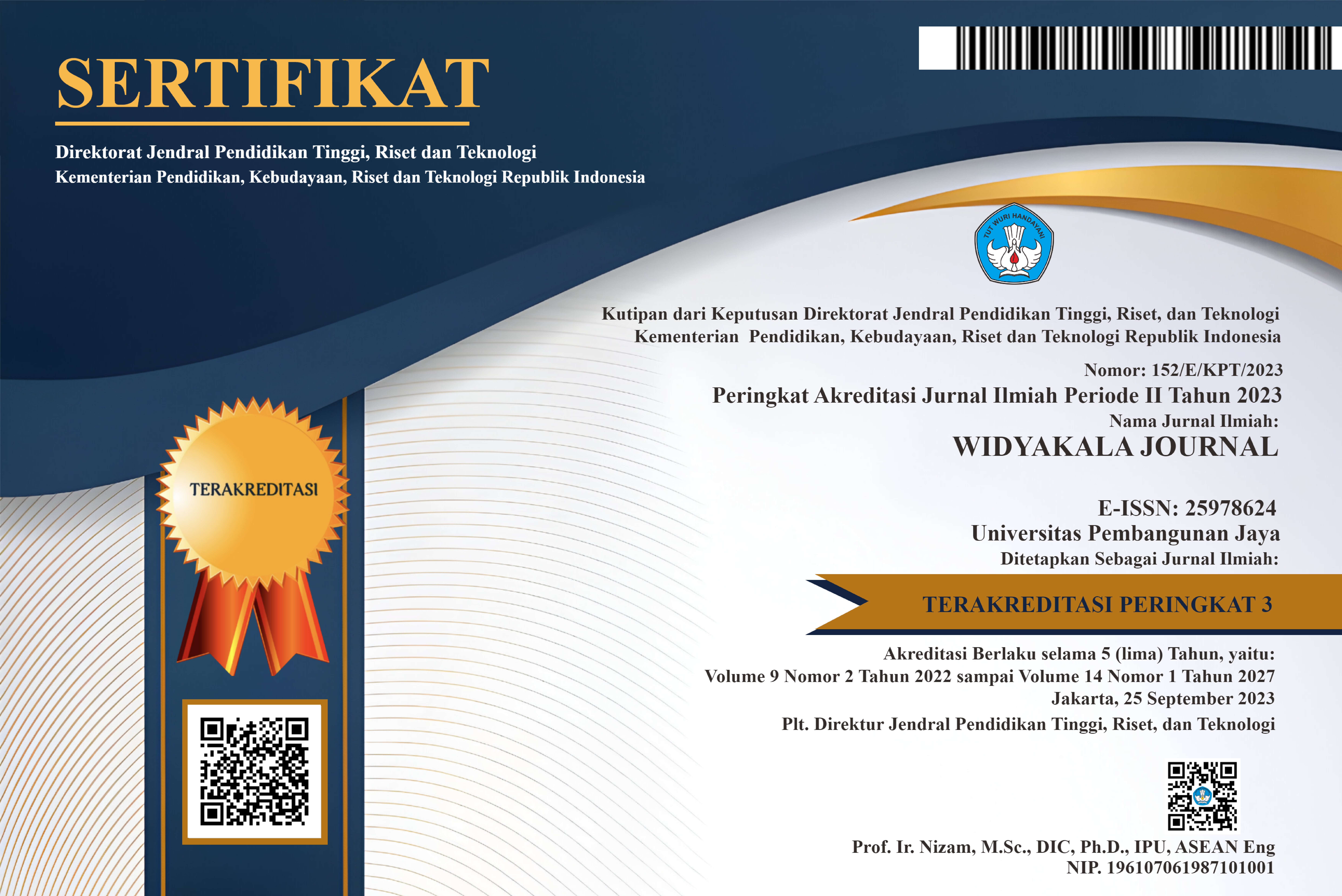Updated, March 2025
Bibliometric Analysis of Global Engagement Research: Trends, Prolific Authors, and Impact in Environmental Science and Business & Economics Fields
Abstract
Global engagement has become vital to academic research, particularly in economics and environmental science. This bibliometric analysis utilizes Scopus Analyze and VOSviewer to explore trends, prolific authors, and the impact of global engagement research in these fields, identifying research gaps in reputable international databases like Scopus. The study aims to provide insights into the implications of global engagement on society, economy, and environment. Data from 105 papers were collected, with reputable international journals being the dominant source. Findings indicate a rising interest in global engagement research from 2014 to 2023, with the United States leading in contributions, followed by the United Kingdom, Australia, and other countries. Themes prevalent in the research include education and sustainable development, focusing on cross-cultural learning experiences and the need for international cooperation to address global challenges. In environmental science, scholars explore sustainable development, the sustainable ocean economy, and the impact of economic growth on environmental sustainability, seeking to design effective strategies for green technologies and sustainable practices. This study's valuable insights contribute to business, economics, and environmental science, guiding future research and understanding global engagement's implications in various domains while identifying research gaps that offer opportunities for further investigation into novel aspects of global engagement.
Keywords
Full Text:
PDFReferences
Apergis, N., Can, M., Gozgor, G., & Lau, C. K. M. (2018). Effects of export Concentration on CO2 Emissions in Developed Countries: an Empirical Analysis. Environmental Science and Pollution Research, 25, 14106–14116. https://doi.org/10.1007/s11356-018-1634-x
Brennan, R. A. (2015). A new program in sustainable engineering: A platform for integrating research and service into the classroom through global engagement. ASEE Annual Conference and Exposition, Conference Proceedings, 122nd ASEE Annual Conference and Exposition: Making Value for Society(122nd ASEE Annual Conference and Exposition: Making Value for Society).
Brennan, R. A., & Riley, D. R. (2016). A New Program in Sustainable Engineering: A Platform for Integrating Research and Service into the Classroom Through Global Engagement. In World Sustainability Series (pp. 15–21).
Bridges, S., & Guariglia, A. (2008). Financial constraints, global engagement, and firm survival in the United Kingdom: Evidence from micro data. Scottish Journal of Political Economy, 55(4), 444–464. https://doi.org/10.1111/j.1467-9485.2008.00461.x
Criscuolo, C., Haskel, J. E., & Slaughter, M. J. (2010). Global engagement and the innovation activities of firms. International Journal of Industrial Organization, 28(2), 191–202. https://doi.org/10.1016/j.ijindorg.2009.07.012
Davidson, C., Heyman, F., Matusz, S., Sjöholm, F., & Chun Zhu, S. (2016). Global Engagement, Complex Tasks and the Distribution of Occupational Employment. Review of International Economics, 24(4), 717–736. https://doi.org/10.1111/roie.12235
Davidson, C., Heyman, F., Matusz, S., Sjöholm, F., & Zhu, S. C. (2017). Global engagement and the occupational structure of firms. European Economic Review, 100, 273–292. https://doi.org/10.1016/j.euroecorev.2017.08.009
DeLisle, J., & Goldstein, A. (2017). China’s global engagement: Cooperation, competition, and influence in the 21st century. Brookings Institution Press.
Donthu, N., Kumar, S., Mukherjee, D., Pandey, N., & Lim, W. M. (2021). How to conduct a bibliometric analysis: An overview and guidelines. Journal of Business Research, 133(April), 285–296. https://doi.org/10.1016/j.jbusres.2021.04.070
Fan, C. W., Lin, J., & Reynolds, B. L. (2023). A Bibliometric Analysis of Trending Mobile Teaching and Learning Research from the Social Sciences. Sustainability (Switzerland), 15(7). https://doi.org/10.3390/su15076143
Goldstein, A. (2017). A rising China’s growing presence: The challenges of global engagement. In China’s Global Engagement: Cooperation, Competition, and Influence in the 21st Century (pp. 1–33).
Gozgor, G. (2017). Does Trade Matter for Carbon Emissions in OECD Countries? Evidence from a New Trade Openness Measure. Environmental Science and Pollution Research, 24, 27813–27821. https://doi.org/10.1007/s11356-017-0361-z
Gozgor, G. (2018). A New Approach to the Renewable Energy-Growth Nexus: Evidence from the USA. Environmental Science and Pollution Research, 25, 16590–16600.
https://doi.org/10.1007/ s11356-018-1858-9
Gozgor, G., & Can, M. (2016). Export Product Diversification and the Environmental Kuznets Curve: Evidence from Turkey. Environmental Science and Pollution Research, 23, 21594–21603. https://doi.org/10.1007/s11356-016-7403-9
Gozgor, G., & Can, M. (2017). Does export Product Quality Matter for CO2 Emissions? Evidence from China. Environmental Science and Pollution Research, 24, 2866–2875. https://doi.org/10.1007/s11356-016-8070-6
Guariglia, A., & Mateut, S. (2010). Inventory investment, global engagement, and financial constraints in the UK: Evidence from micro data. Journal of Macroeconomics, 32(1), 239–250. https://doi.org/10.1016/j.jmacro.2009.03.001
Guo, J., Zhou, Y., Ali, S., Shahzad, U., & Cui, L. (2021). Exploring the Role of Green Innovation and Investment in Energy for Environmental Quality: An Empirical Appraisal From Provincial Data of China. Journal of Environmental Management, 292(112779).
Hassanali, K. (2020). CARICOM and the blue economy – Multiple understandings and their implications for global engagement. Marine Policy, 120(February), 104137. https://doi.org/10.1016/j.marpol.2020.104137
Holroyd, C. (2009). National mobilization and global engagement: Understanding Japan’s response to global climate change initiatives. Asian Perspective, 33(2), 73–96.
Holroyd, C. (2012). National mobilization and global engagement: Understanding Japan’s response to global climate change initiatives. In Japan in the Age of Globalization (pp. 185–203).
Jackson, A. D. (2022a). The Two Koreas and their Global Engagements (Andrew David Jackson (ed.)). Palgrave Macmillan.
Jackson, A.D. (2022b). The Two Koreas and Their Global Engagements. In The Two Koreas and their Global Engagements (pp. 1–28).
Jang, Y. J., & Hyun, H. J. (2021). Product versus Process Innovation and the Global Engagement of Firms. Journal of Korea Trade, 25(4), 37–59. https://doi.org/10.35611/jkt.2021.25.4.37
Johnston, D., & López, I. (2021). The Wiley Handbook of Collaborative Online Learning and Global Engagement.
López, I., & Johnston, D. (2021). Best Practices for Collaborative Online Learning and Global Engagement. In The Wiley Handbook of Collaborative Online Learning and Global Engagement (pp. 249–263).
Palacios, J. J. (2006). Mexico: Global engagement driving e-Commerce adoption and impacts. In Global E-commerce: Impacts of National Environment and Policy. https://doi.org/10.1017/CBO9780511488603.010
Shahzad, U., Ferraz, D., Nguyen, N. H., & Cui, L. (2022). Investigating the Spill Overs and Connectedness Between Financial Globalization, High-Tech Industries and Environmental Footprints: Fresh Evidence in Context of China. Technological Forecasting and Social Change, 174(121205).
Sharma, G. D., Tiwari, A. K., Erkut, B., & Mundi, H. S. (2021). Exploring the Nexus Between Non-Renewable and Renewable Energy Consumptions and Economic Development: Evidence From Panel Estimations. Renewable and Sustainable Energy Reviews, 146(111152).
Song, M., Peng, L., Shang, Y., & Zhao, X. (2022). Green Technology Progress and Total Factor Productivity of Resource-Based Enterprises: A Perspective of Technical Compensation of Environmental Regulation. Technol. Technological Forecasting and Social Change, 174(121276). https://doi.org/10.1016/j.techfore.2021.121276
Zhang, L., Xu, M., Chen, H., Li, Y., & Chen, S. (2022). Globalization, Green Economy and Environmental Challenges: State of the Art Review for Practical Implications. Frontiers in Environmental Science, 10(March), 1–9. https://doi.org/10.3389/fenvs.2022.870271
DOI: https://doi.org/10.36262/widyakala.v10i2.804
Refbacks
- There are currently no refbacks.
Copyright (c) 2023 WIDYAKALA JOURNAL : JOURNAL OF PEMBANGUNAN JAYA UNIVERSITY

This work is licensed under a Creative Commons Attribution-ShareAlike 4.0 International License.
Redaksi Jurnal Widyakala
Lembaga Penelitian dan Pengabdian Kepada Masyarakat (LP2M)
Universitas Pembangunan Jaya
Jalan Cendrawasih Raya Blok B7/P, Sawah Baru, Ciputat, 15413
Telp : 021-7455555 ext 1311
widyakala.journal@upj.ac.id


















